Indigenous Food Systems Resilience

Indigenous Food Systems Resilience
Connecting Cultural Values and Indigenous Research
What We Do
The Indigenous Food Systems Resilience project is a partnership between the University of Wisconsin–Madison and Tribal Nations and organizations in Wisconsin that supports Tribal producers, land managers, and communities in their food sovereignty work in four key areas. The project areas include Indigenous crops and livestock, Manoomin (wild rice) research and restoration, nutrition and community food systems, and maple sugaring.
Our team of 39 people collaborates with 9 Tribal partners and organizations representing all 11 Federally recognized Tribes in Wisconsin, 14 UW and Extension units or departments, and supports 3-4 undergraduate and graduate students per year.
This project is funded by a four-year grant (2023–2026) from the Wisconsin Rural Partnerships Institute at the University of Wisconsin–Madison and through the United States Department of Agriculture (USDA) National Institute of Food and Agriculture (NIFA).
In the News
In the face of climate change, Ho-Chunk Nation working toward food sovereignty
WUWM Milwaukee’s NPR
September 11, 2024
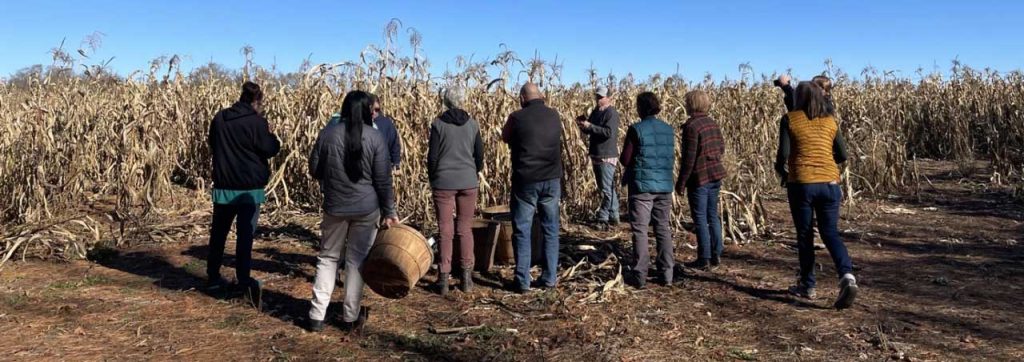
UW’s Rural Partnerships Institute announces new projects focused on rural Wisconsin
UW–Madison College of Agricultural and Life Sciences (CALS) News
March 14, 2024
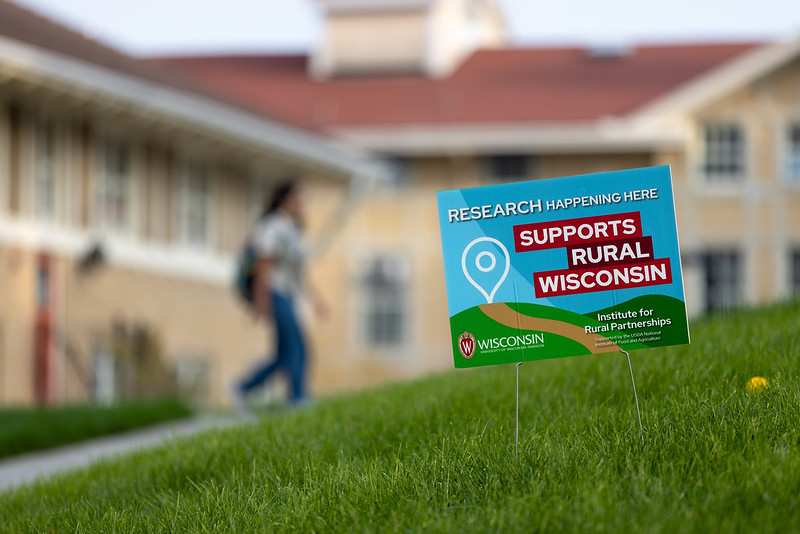
Partnerships in Action
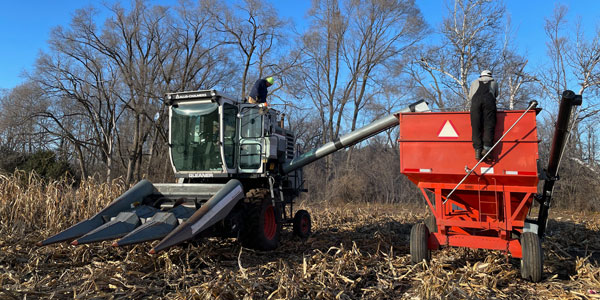
Indigenous Crops and Livestock
Together, we are developing ways top scale and mechanize Indigenous corn production to meet demand, building Tribal capacity, and investigating collaboratively defined regenerative agricultural research questions.
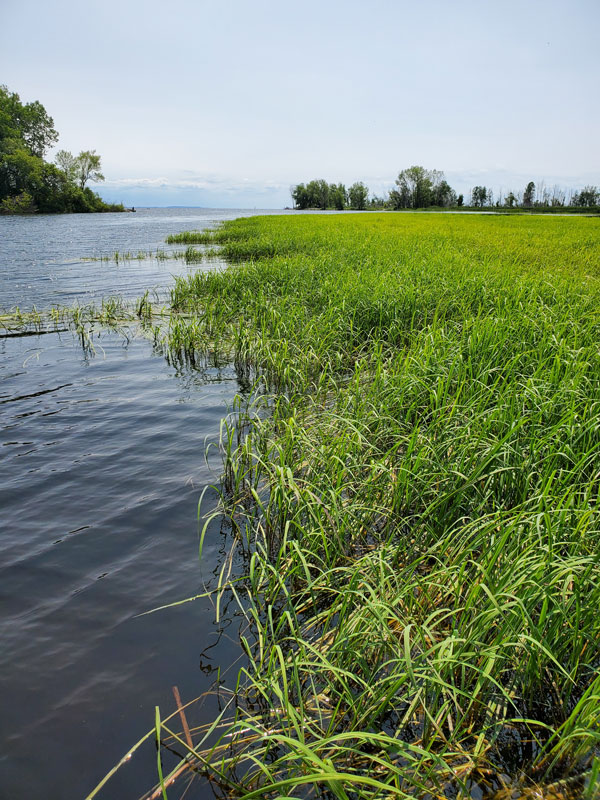
Wild Rice Restoration and Research
We are leveraging existing partnerships with Tribal Nations and organizations to support manoomin restoration, research, and outreach across Wisconsin.
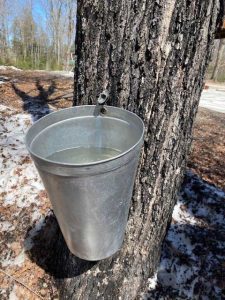
Maple Sugaring and Production
We are working to build capacity of Tribal maple syrup and sugar producers through shared learning opportunities, including webinars, trainings, and events. We are expanding the Extension-coordinated Tribal Maple Sugaring Network to facilitate knowledge sharing and storytelling among Tribal producers.
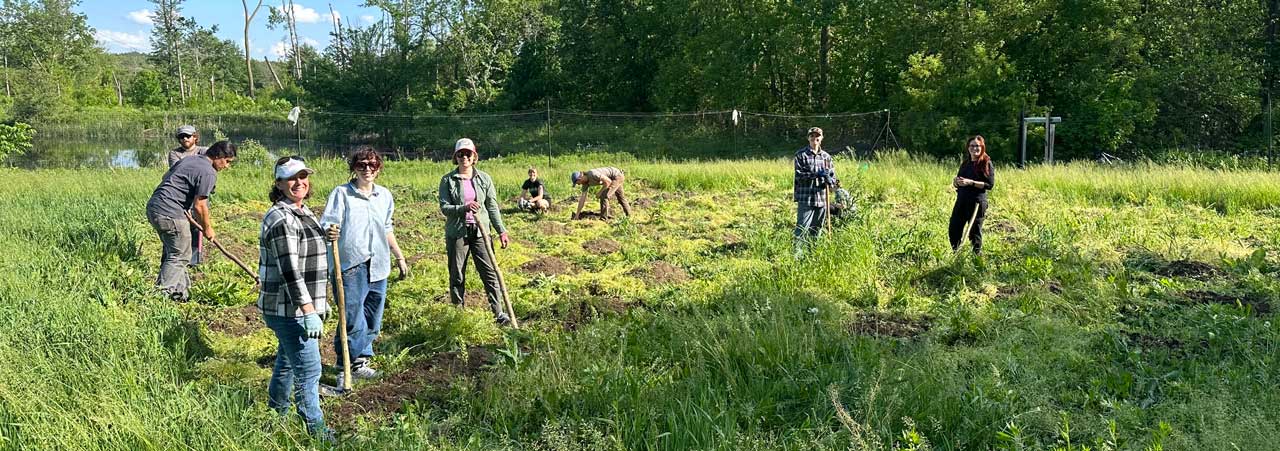
Nutrition and Community Food Systems
We are working to improve federal nutrition program alignment with Tribal food sovereignty efforts and develop more robust career pathways in Indigenous food sovereignty.
The USDA NIFA-funded Institute for Rural Partnerships housed at UW–Madison, Auburn University and the University of Vermont, collaborates with community-based initiatives and local research, educational institutions and subject matter experts.




